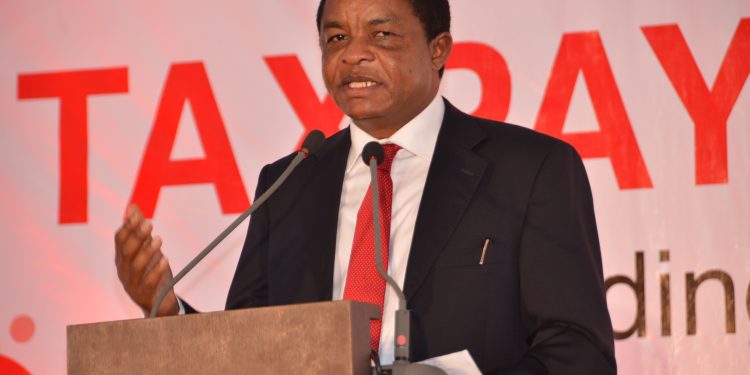The Kenyan government has been advised to consider reducing tax rates going forward if it is to achieve its revenue targets, a report by PricewaterhouseCoopers has suggested.
The Paying Taxes 2019 study by PwC and World Bank has also asked the tax collector to eliminate some smaller taxes altogether, taking into account the cost of collecting taxes relative to the amounts raised. This is subject to an appropriate assessment of the potential fiscal impact, advised the report.
 Also, the government could also consider whether there are technological improvements or advancements that can be exploited such as linking taxpayers’ accounting systems to the KRA’s systems.
Also, the government could also consider whether there are technological improvements or advancements that can be exploited such as linking taxpayers’ accounting systems to the KRA’s systems.
Overall, the report noted that Kenya had made good progress in implementing reforms geared towards making complying with taxes easier, improving its Paying Taxes score by 46 per cent to 72.37 from 69.01 when the survey was last conducted in 2014.
“This is a positive step for Kenya as it seeks to position itself as an investment hub and a globally competitive and prosperous country by the year 2030, as outlined in Kenya Vision 2030,” says Steve Okello, PwC’s Tax Leader, Kenya and East Market Area and Titus Mukora, PwC’s Tax Partner, the authors of the report.
Since the inception of the online tax filing and tax payment platform (iTax) in 2014, filing taxes has considerably improved. During the period under the survey, the number of tax payments a taxpayer makes has dropped by 17 per cent to 25 from 30. Also the time taken to comply with the taxes reduced by 16 per cent to 179,5 hours from 213.5 hours reported during the Paying Taxes 2016.
 The Total Tax and Contribution Rate – the amount of all taxes borne by the case study company, as a proportion of the profit before all taxes borne – has remained stable over the same period (37.2 per cent in 2017 compared to 37.2 per cent in 2014).
The Total Tax and Contribution Rate – the amount of all taxes borne by the case study company, as a proportion of the profit before all taxes borne – has remained stable over the same period (37.2 per cent in 2017 compared to 37.2 per cent in 2014).
Other changes in the tax environment that has contributed to kenya’s improvement in Paying Taxes include: consolidation of all tax administrative procedures into the single Tax Procedures Act, continued taxpayer education on tax administrative procedures by KRA, improved customer relations and adoption of various tax regulations to provide clarity on some previously ambiguous tax provisions.
KRA collected Ksh1.48 trillion in the 2017/2018 financial year, compared to Ksh1.4 trillion during the previous year.
This was a Ksh172.4 billion shortfall of the Ksh1.65 trillion it had targeted to raise during the financial year.
Recently KRA directed small businesses owners, with turnover not exceeding Ksh5 million, to start paying 15 per cent of their license or permit fees (punitive tax) from January 2019.
RELATED;
KRA Backs Proposal to Simplify Tax System to Boost Revenue Collection




